

WHO MAY





WHO MAY


Methodist Family Health is a complete continuum of care for Arkansas children and their families who are abandoned, abused, neglected and struggling with psychiatric, behavioral, emotional and spiritual issues.
• INPATIENT - Methodist Behavioral Hospital , where patients are admitted for inpatient acute (short-term) and subacute (longer-term) stays when in crisis;
• INPATIENT - Psychiatric Residential Treatment Centers (RTCs), where patients are admitted for subacute (longer-term) stays. Our RTCs are planned living and learning atmospheres in a group homelike setting;
• INPATIENT Qualified Residential Treatment Programs (QRTPs or therapeutic group homes) are family-like settings in communities throughout Arkansas where children in the care of the Division of Children and Family Services (DCFS) live, go to school and participate in the community;
• INPATIENT - Arkansas Center for Addictions Research, Education and Services (Arkansas CARES), a 3-month treatment program for pregnant women or mothers with children 12 years old or younger. The moms must have a dual diagnosis of a mental health issue as well as recovering from substance abuse;
• OUTPATIENT – Day Treatment School , which serves Arkansas students in kindergarten through 12th grades who have problems functioning in a traditional school setting;

• OUTPATIENT - Counseling in clinics and schools, which offer comprehensive assessment and treatment services for child, adolescent and family behavioral, emotional, learning and adjustment difficulties; and
• OUTPATIENT - Kaleidoscope Grief Center , a program of Methodist Family Health, promotes the process of healing through education, therapeutic and recreational services, grief support programs and traditional counseling.

A patient can enter our continuum of care through any of these programs. Depending on the need, a person can move from any of these programs to another in order to make progress on his or her terms. Our goal is for our patients to stabilize their behavior and improve in their treatment so they can return to their communities and live stable, functional lives.
Depending on the need, a person can move from any of these programs to another in order to make progress on his or her terms.
METHODIST FAMILY HEALTH’S MISSION IS TO PROVIDE THE BEST POSSIBLE CARE TO THOSE WHO MAY NEED OUR HELP. We were founded in 1899 as the Arkansas Methodist Orphanage. As the orphanage system moved into the foster care system, Methodist Family Health moved with it, establishing group homes for orphans and foster children.
When the need arose for short-term, inpatient care for children who are a danger to them selves, someone else or both, Methodist Family Health founded the Methodist Behavioral Hospital in Maumelle, the state’s only non profit behavioral health hospital for children. Today, this continuum of care contains both inpatient and outpatient care to fit the needs of Arkansas children and their families who need psychiatric, behavioral, emotional and spiritual treatment, therapy and support.
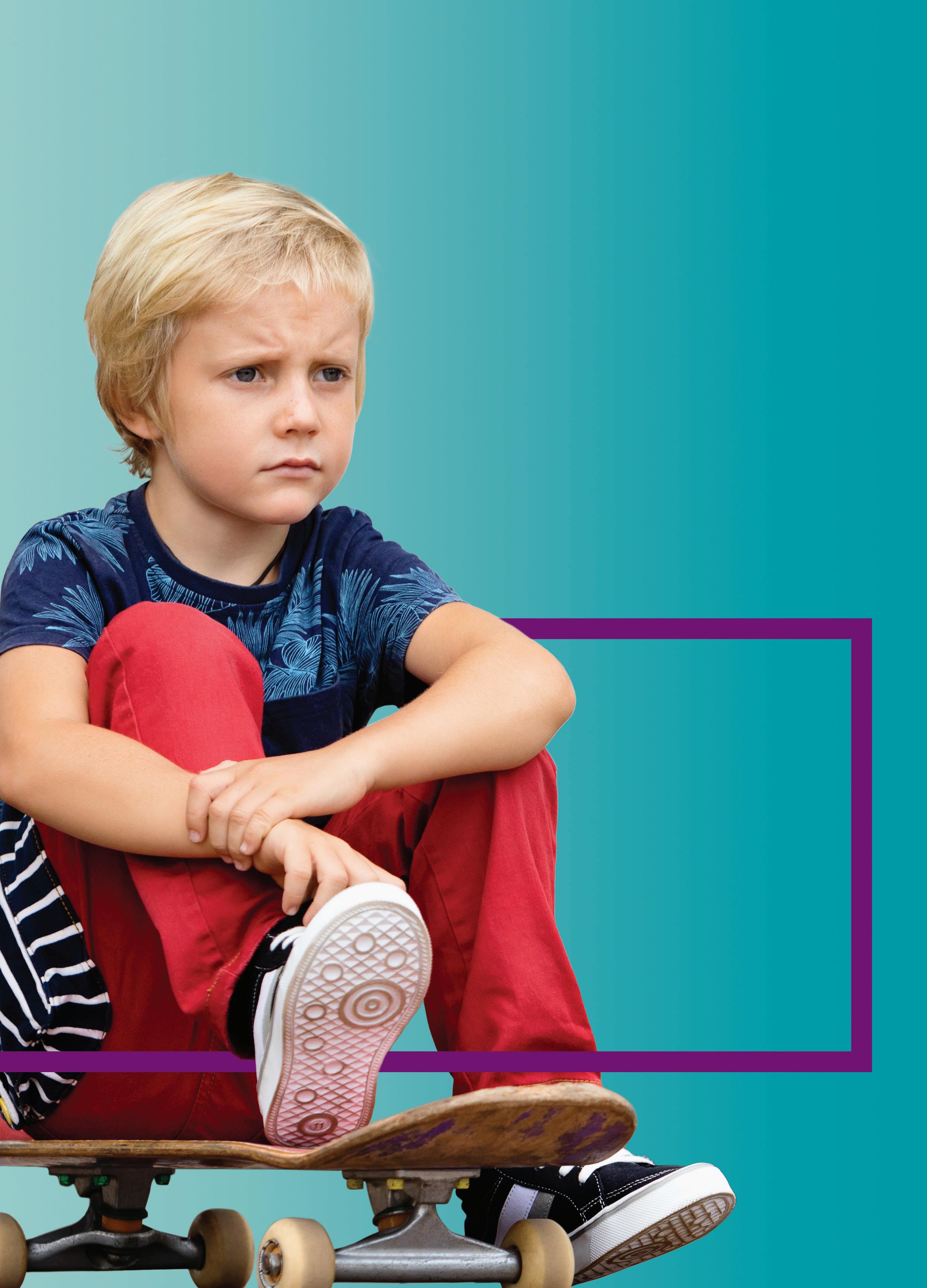
OUR GOAL IS FOR OUR PATIENTS TO STABILIZE THEIR BEHAVIOR AND IMPROVE IN THEIR TREATMENT SO THEY CAN RETURN TO THEIR COMMUNITIES AND LIVE STABLE, FUNCTIONAL LIVES.
children
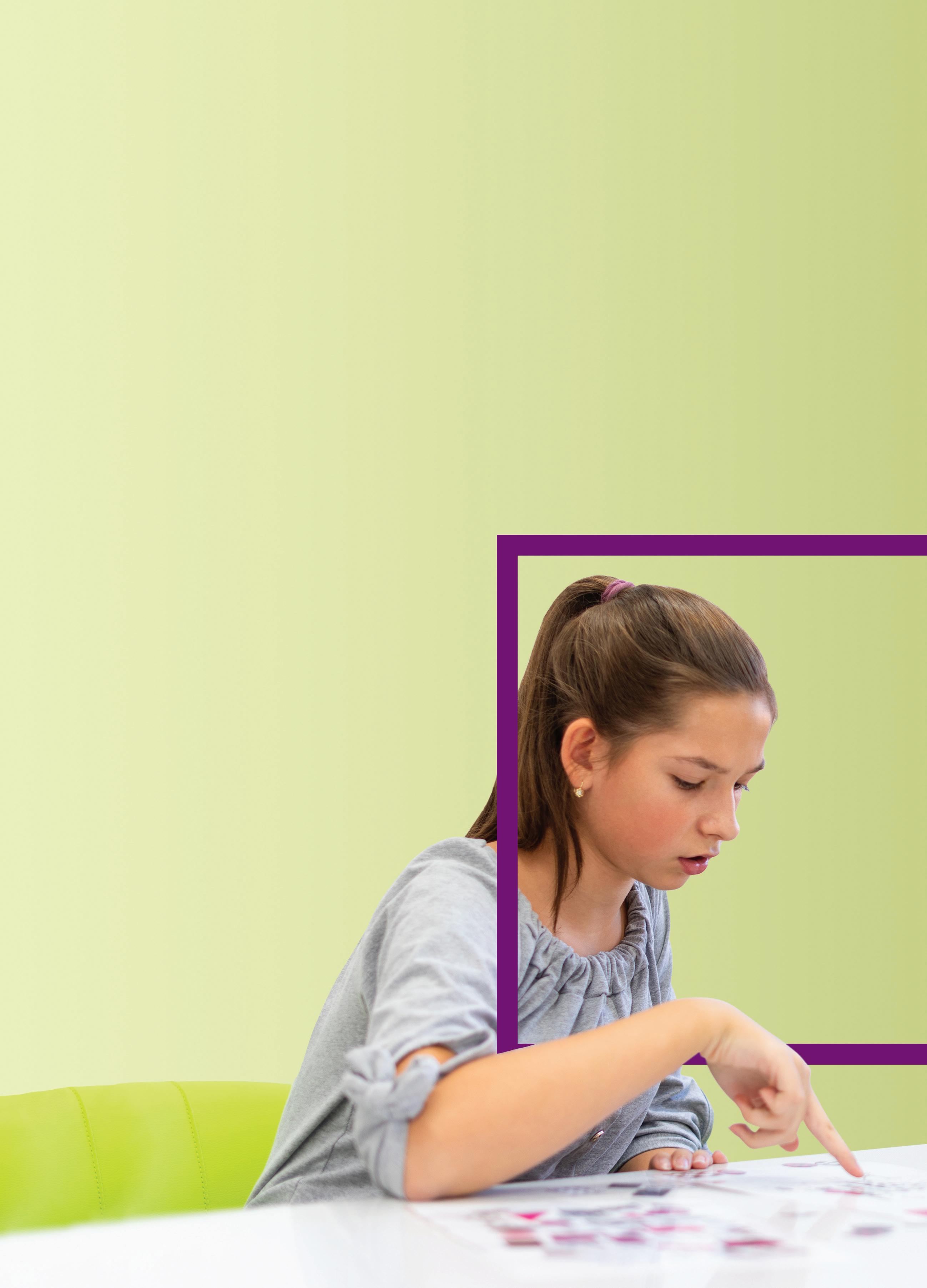
Methodist
Hospital in Maumelle is an inpatient hospital for acute (short-term)
subacute (longer-term) crisis stabilization. It provides
intensive level of care in our continuum.
AGES
THE
BEHAVIORAL HOSPITAL
17, METHODIST FAMILY
THE NATION
Behavioral Hospital specializes in the treatment
adolescents
highly
The acute (short-term) inpatient unit at Methodist Behavioral Hospital offers the most intensive level of psychiatric, behavioral and emotional care within the Methodist Family Health continuum of care. This program provides crisis stabilization for children and adolescents (boys and girls) ages 3 to 17, who are an immediate danger to themselves, someone else or both.
Our treatment goal for these patients is to transition them to less-intensive levels of care — either going home or to counseling services in their communities or admission into one of our psychiatric residential treatment centers.
The acute unit offers routine interventions by a psychiatrist and intensive coordinated treatment by a team of mental health professionals including psychiatrists, therapists and 24-hour skilled nursing care.
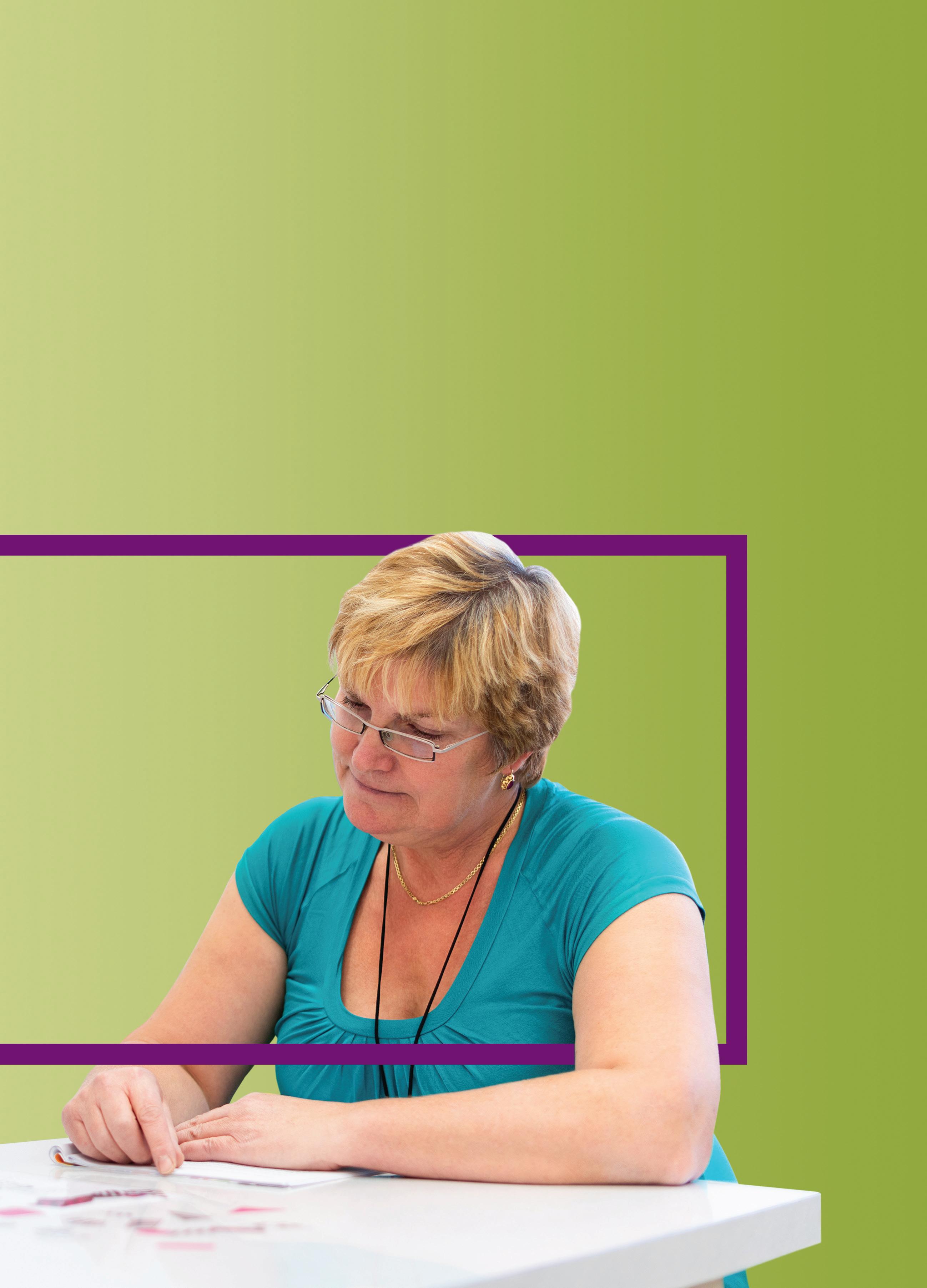
THIS PROGRAM ALSO PROVIDES:
COMPASSIONATE CARE for depression, emotional difficulties and behavioral needs INTENSIVE INDIVIDUAL, FAMILY AND GROUP THERAPY SKILL-BUILDING ACTIVITIES
A STAFF OF BOARD-CERTIFIED child and adolescent psychiatrists, therapists, case managers, nurses, teachers and behavioral instructors
AFTERCARE AND FOLLOW-UP through counseling services, therapeutic day treatment and school-based counseling services
AGES 3 TO 17.
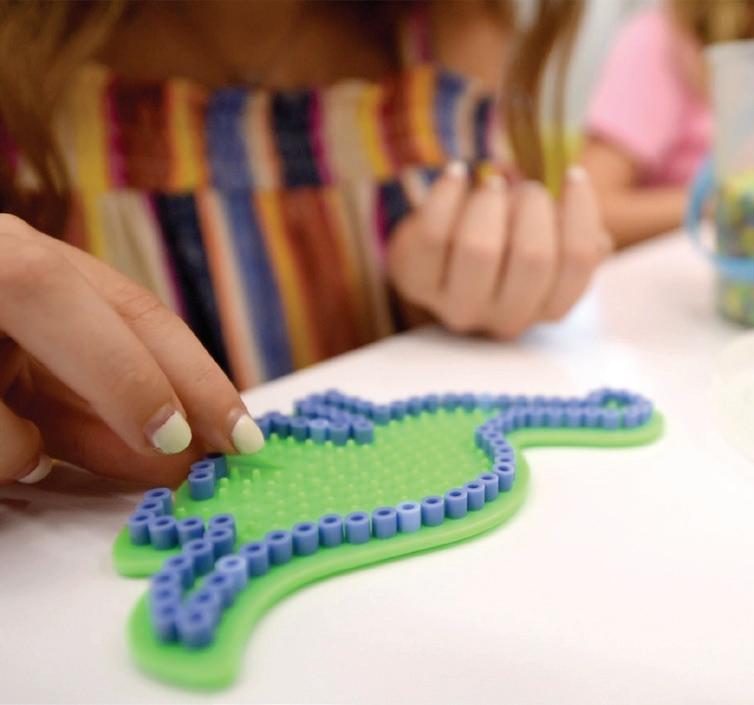
The subacute (longer-term) inpatient unit at Methodist Behavioral Hospital provides extended care to boys ages 4 to 11 with long-standing psychiatric, behavioral and emotional issues.
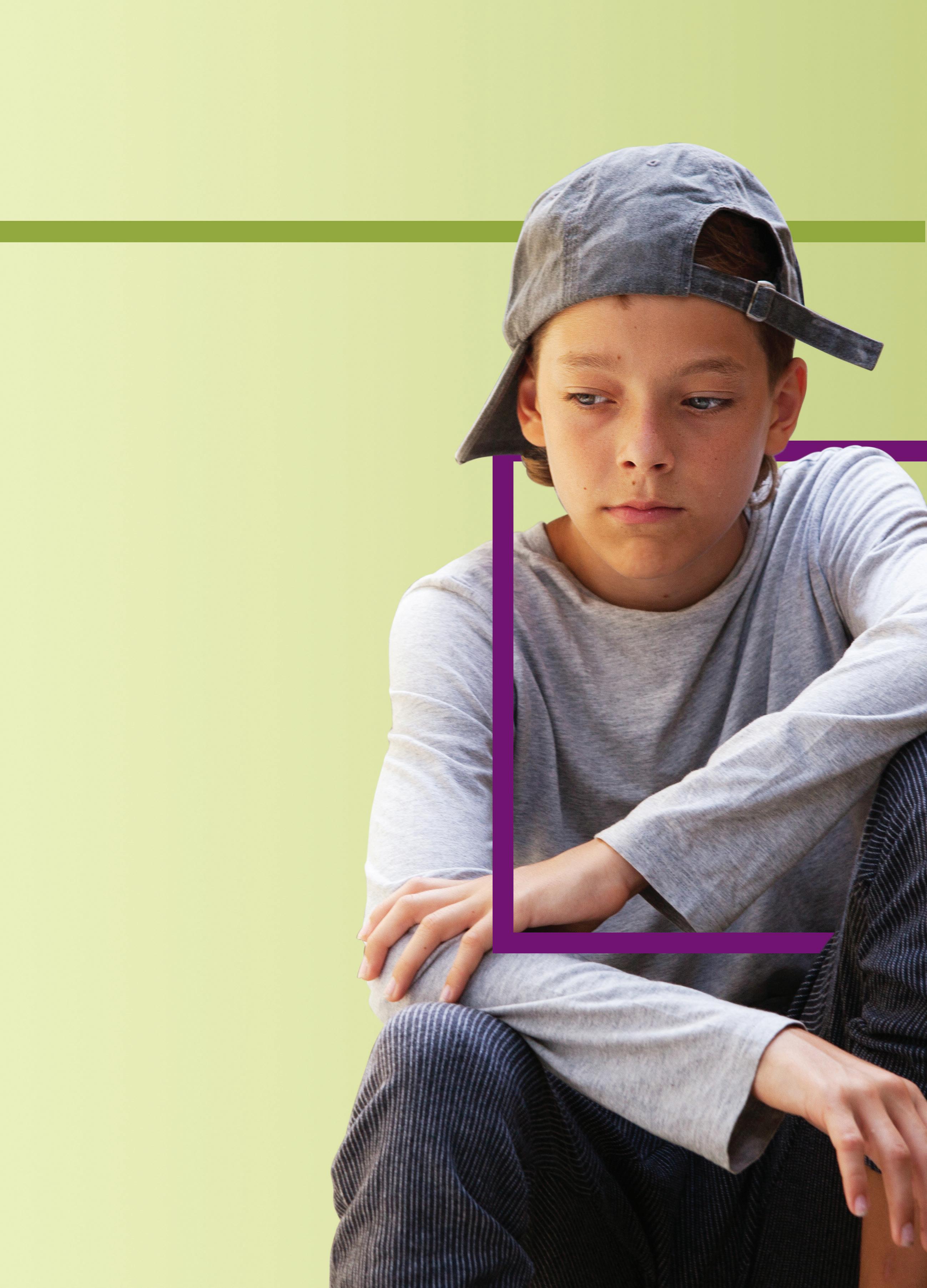
This unit focuses on extensive therapeutic intervention and individualized treatment. It is physician-led and multidisciplinary, addressing the overall medical, psychiatric and academic needs of each boy, while still attending to his social and emotional lives.
This unit focuses on extensive therapeutic intervention and individualized treatment.
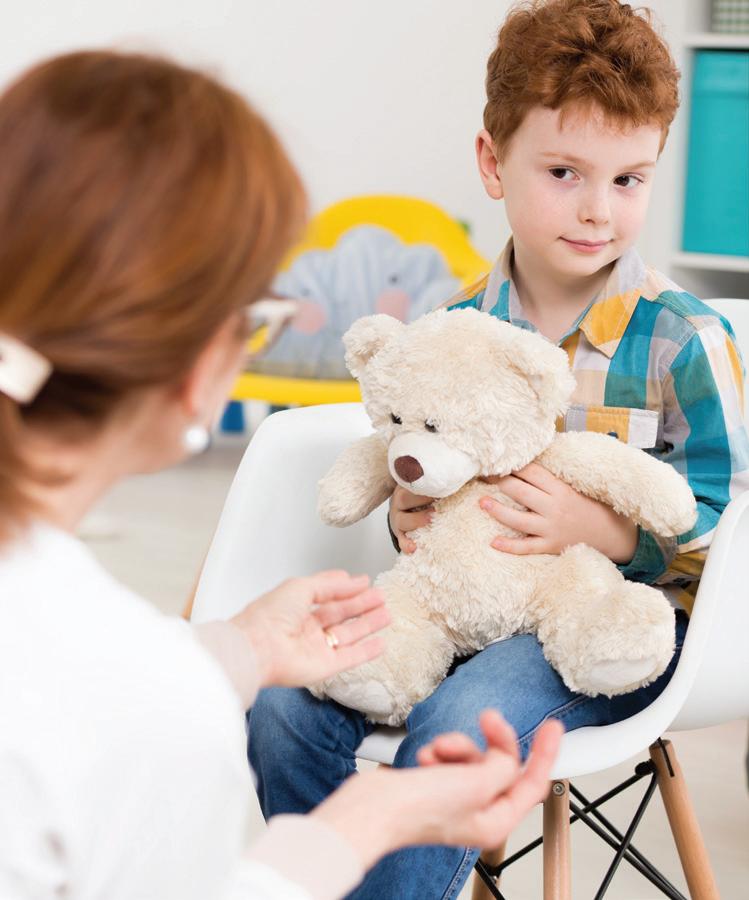
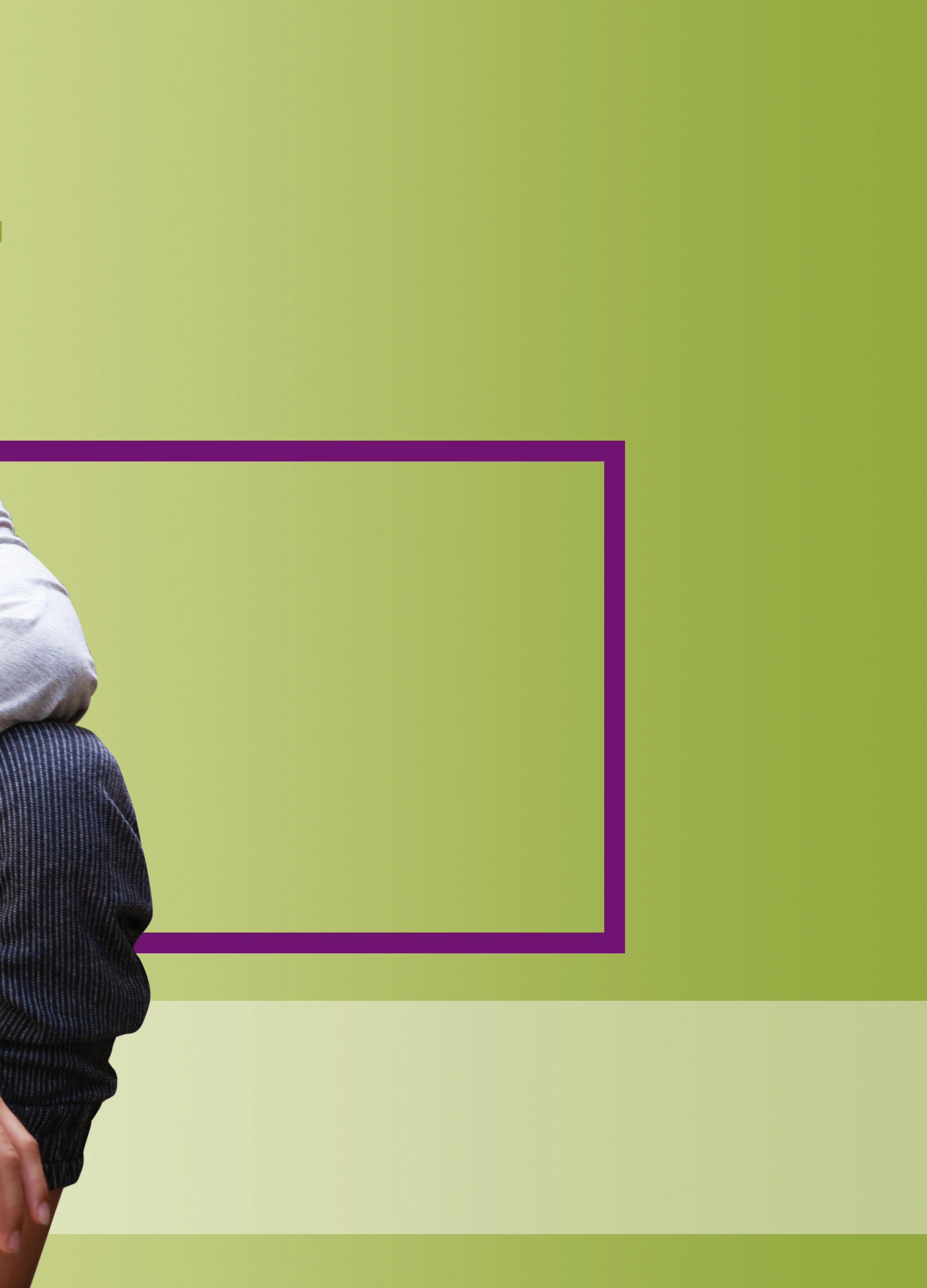
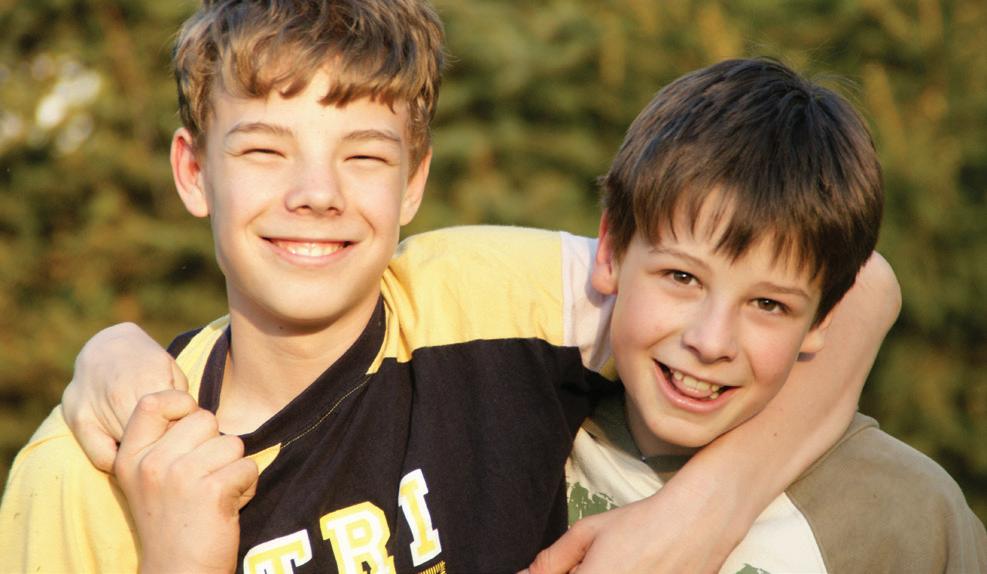


Methodist Family Health’s psychiatric residential treatment centers (RTC) provide a planned, safe living and learning environment in a group home setting for children and adolescents with chronic emotional and behavioral disorders.
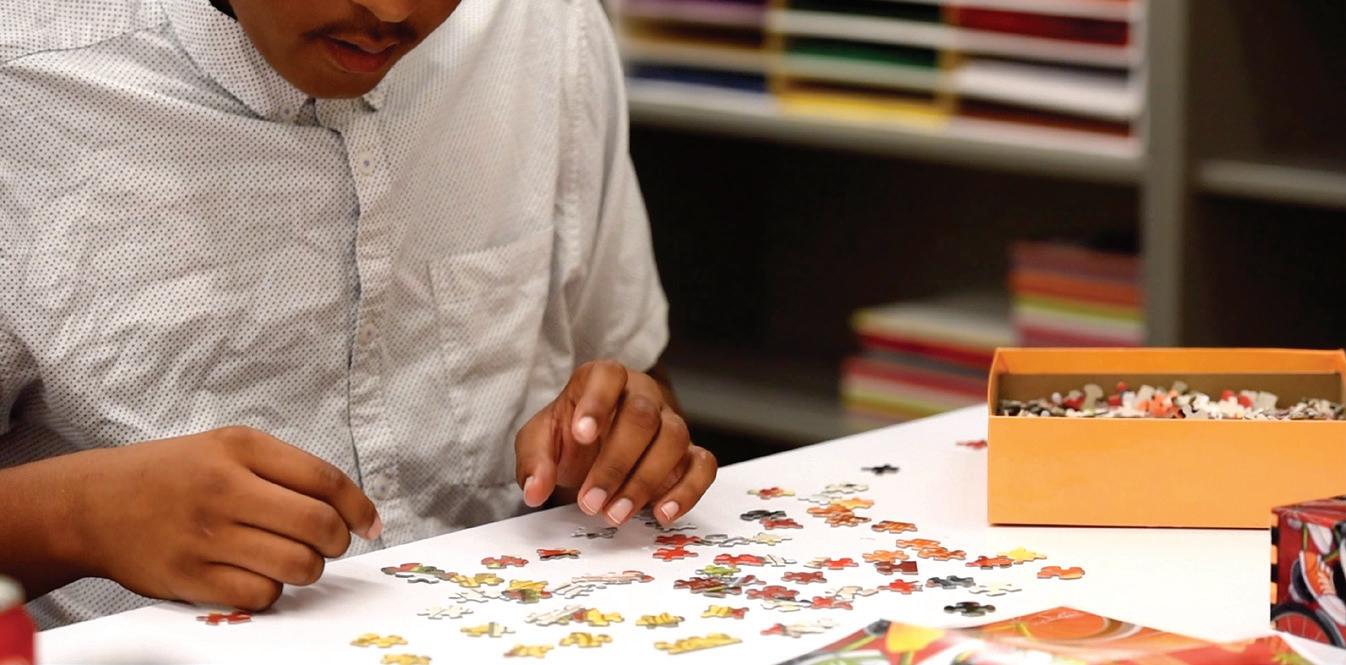
THE RTCS ARE PART OF METHODIST FAMILY HEALTH’S INPATIENT RESIDENTIAL PROGRAM, MEANING RESIDENTS LIVE ON-SITE FULL-TIME. Homes are located in Little Rock (Pulaski County) and Bono (Craighead County).
Each RTC serves adolescents ages 12 to 17 in genderspecific units with a length of stay generally four to six months or longer. Patients who excel in the RTC may be eligible to step down to a less-intensive treatment setting within Methodist Family Health’s full continuum of care.
PATIENTS ARE REFERRED TO THE RTC FROM A VARIETY OF SOURCES INCLUDING:
• Arkansas Division of Children and Family Services;
• Parents;
Mental health clinics;
Churches;
• Juvenile probation officers;
• Psychiatric hospitals; and
• Other Methodist Family Health treatment programs.
Treatment is personalized, utilizes the Teaching-Family Model and is administered using a team treatment approach. The goal for each patient is to stabilize behavior and return them to the least-intensive environment possible, be that returning home or to an outpatient program of care.
Treatment is personalized, utilizes the Teaching-Family Model and is administered using a team treatment approach.

MEDICAL SERVICES, such as physical, occupational and speech therapy; STATE-APPROVED EDUCATION PROGRAM featuring regular and special education classes, led by certified special education teachers;
BEHAVIOR MANAGEMENT planning and techniques; CARE DELIVERED BY A TEAM of board-certified child psychologists and psychiatrists, social workers, case managers, behavioral instructors, skilled nurses and others as appropriate;
SPIRITUAL ENRICHMENT via an on-staff chaplain; and PARENTAL SUPPORT AND EDUCATION.
PATIENTS WHO EXCEL IN THE RTC MAY BE ELIGIBLE TO STEP DOWN TO A LESS-INTENSIVE TREATMENT SETTING WITHIN METHODIST FAMILY HEALTH’S FULL CONTINUUM OF CARE.
Methodist Family Health’s network of therapeutic group homes within our qualified residential treatment program (QRTP) provides a stable, family-like setting for emotional and behavioral treatment of children and youth.

QRTPS ARE PART OF METHODIST FAMILY HEALTH’S INPATIENT RESIDENTIAL PROGRAM, MEANING RESIDENTS

LIVE ON-SITE FULL-TIME. Each home serves between six and eight youths at a time, ages 12 to 18, who live in the home generally nine to 12 months or longer.
Each home features Teaching-Parents, trained treatment professionals who live on-site and provide guidance and intervention with the perspective of a parent in the TeachingFamily Model.
FAYETTEVILLE (Washington County) Methodist Family Health Therapeutic Home
HELENA-WEST HELENA (Phillips County) Ophelia Polk Moore Home
LITTLE ROCK (Pulaski County) Fillmore Campus
MAGNOLIA (Columbia County) Magale Manor

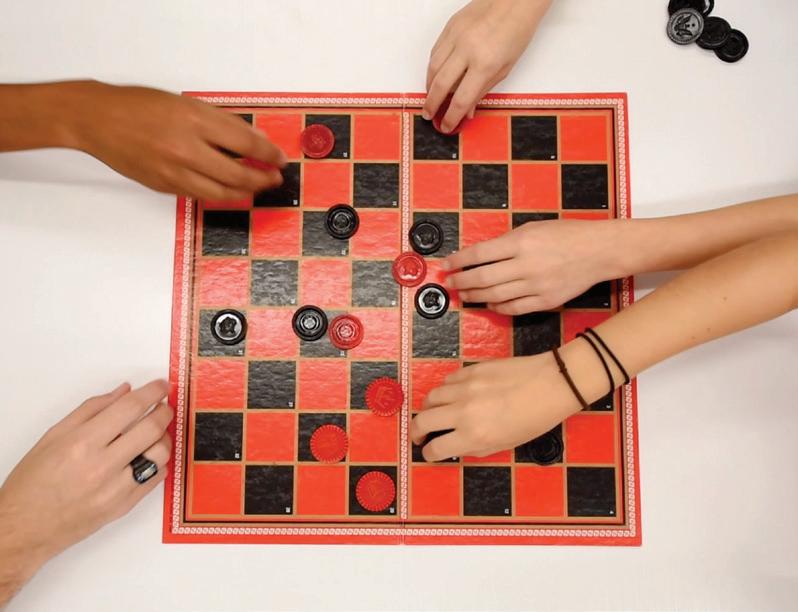


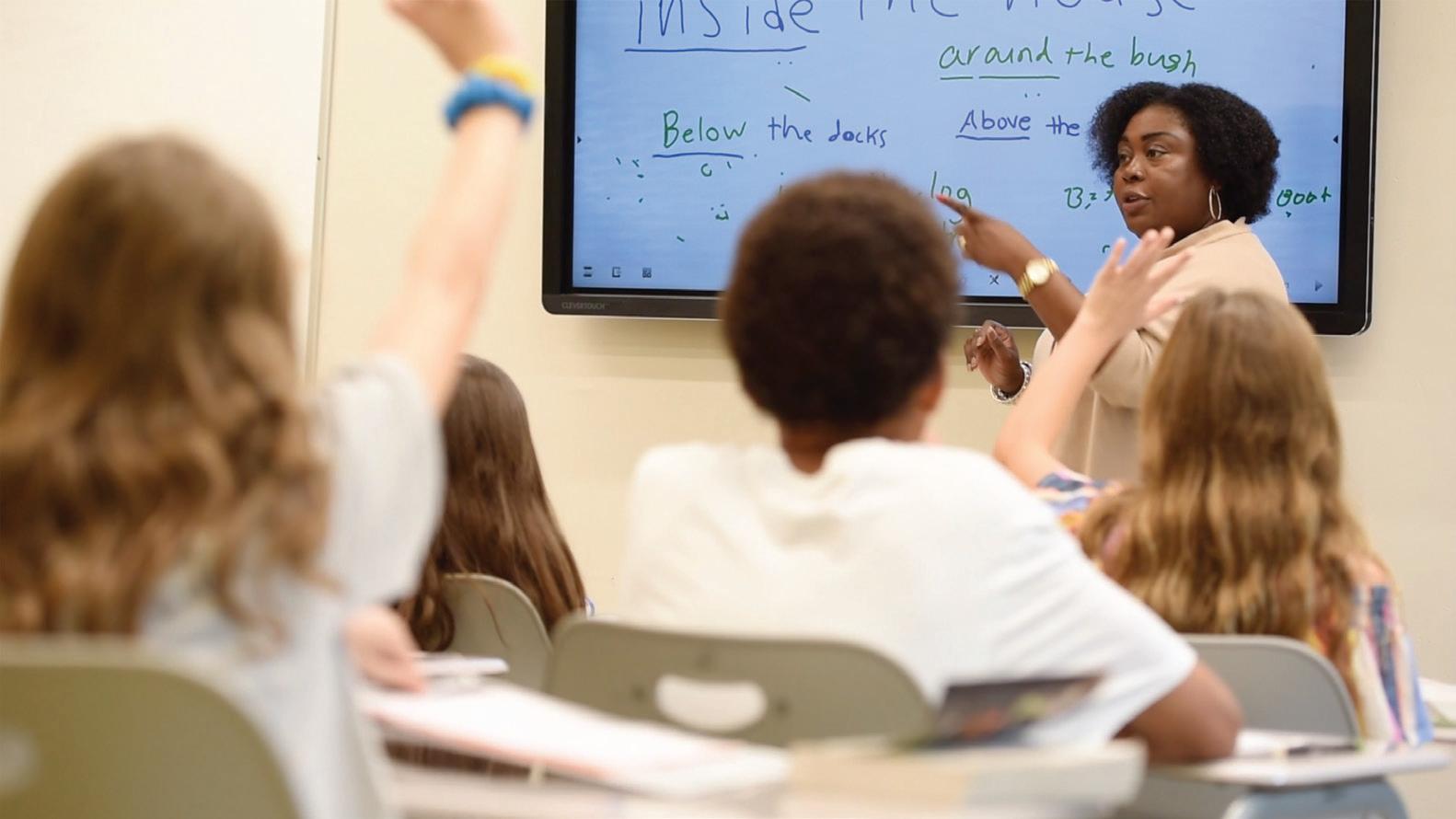
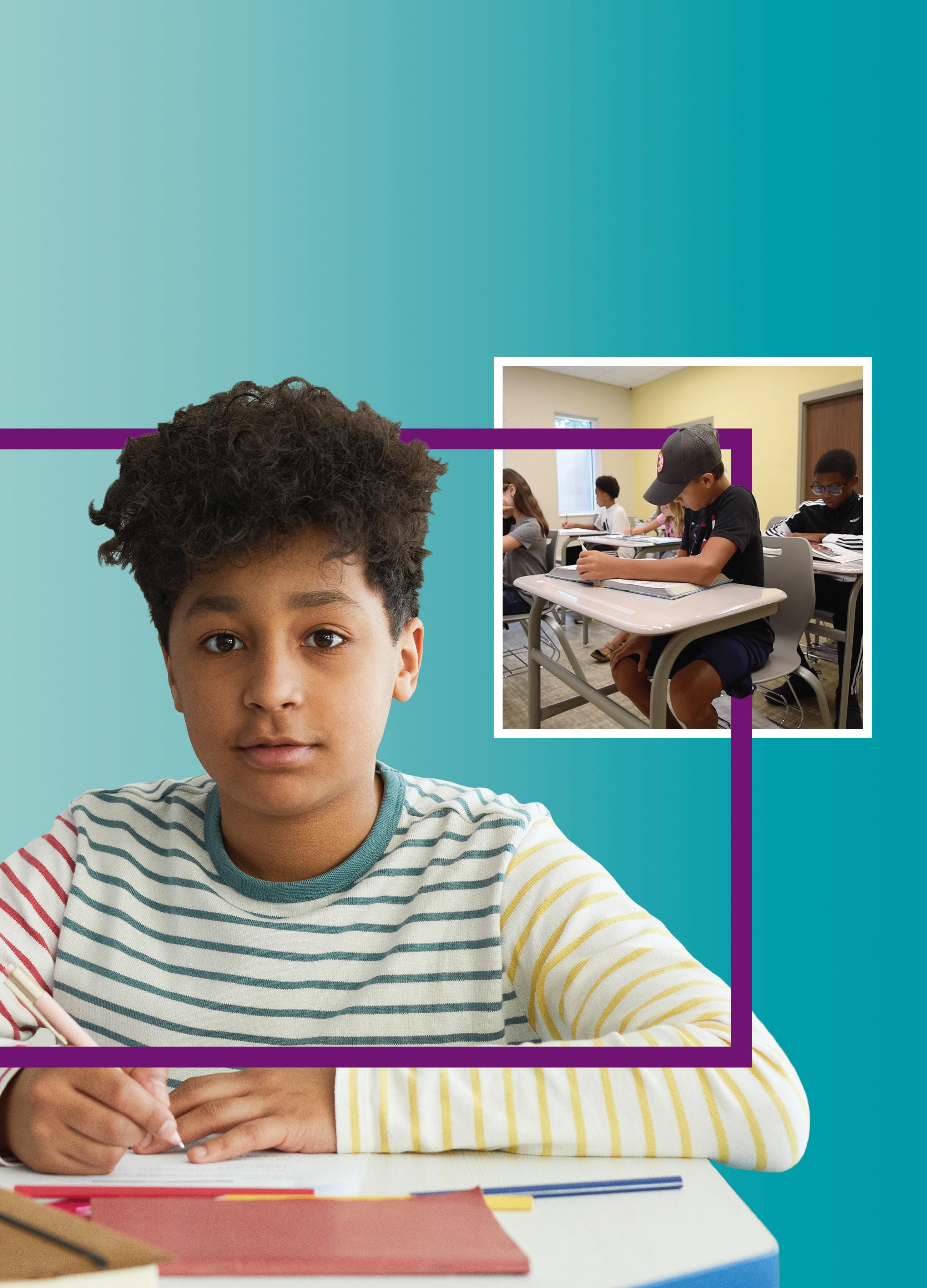
Established in 1992, the Arkansas Center for Addictions Research, Education and Services (CARES) is an intensive, three-month substance abuse treatment program for pregnant women and mothers with children ages 12 and younger.

OUR INPATIENT (RESIDENTIAL) PROGRAM PROVIDES A FAMILY-CENTERED APPROACH FOR DECREASING SUBSTANCE ABUSE AND PROMOTING HEALTHY FAMILIES THROUGH PREVENTION, TREATMENT AND EDUCATION.
Arkansas CARES is licensed as a mental health provider for children and adults, a substance abuse treatment center, transitional housing provider and a provider of early intervention services. This allows Methodist Family Health to treat substance abuse and mental illness at the same time, with the goal of keeping families united during and after treatment.
ARKANSAS CARES PROVIDES A COMPREHENSIVE RANGE OF SERVICES, INCLUDING:

• Comprehensive assessments;
• Individual, group and family education and therapy;
• Intervention within the schools;
• Case management;
• Nursing services;
• Child care;
• Transportation;
• Life skills training;
• Parenting education;
• Employment preparation;
• GED coordination;
• Residential support;
• Continuing care; and
• Medication consultation and treatment.
Since its founding, Arkansas CARES’ mission has supported women as they break free from the grip of substance abuse and the homelessness, arrests and parenting issues that often come with it. We create hope by helping clients find and maintain employment, improve the quality of families and break the cycle of addiction for the next generation.
FOR MORE INFORMATION ON ARKANSAS CARES, CALL (501) 906-4928.
ARKANSAS
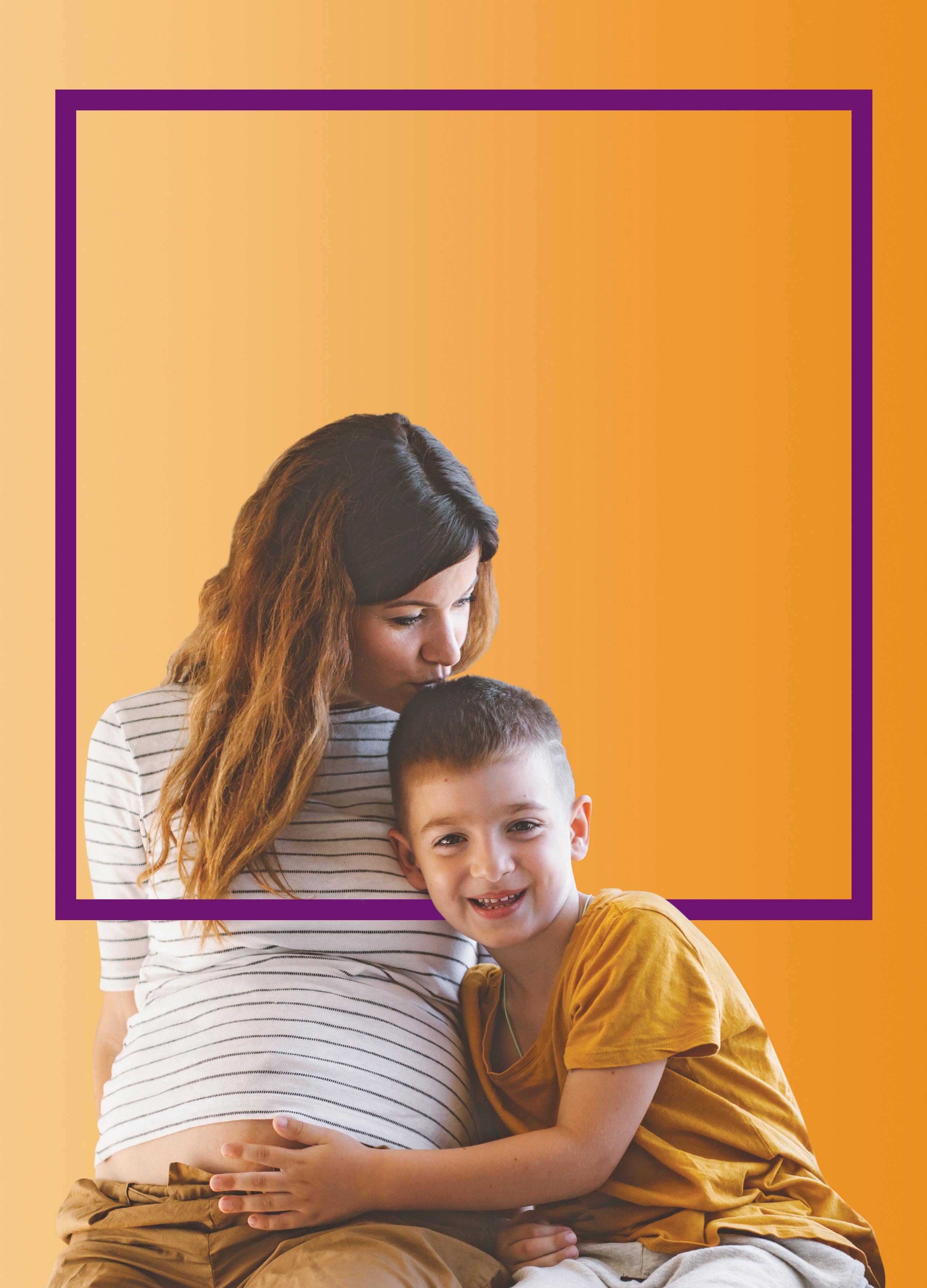
Methodist Family Health knows Arkansas’
and adults are overwhelmed with
dread. When you,
child or
METHODIST
These clinics include schooland community-based locations to bring a holistic, trauma-informed, team approach to more Arkansans and to make it easier for families to get the help they need for children and youth struggling with psychiatric, behavioral, emotional, learning and traumatic problems.
Our clinics utilize the Teaching-Family Model and take a team approach to treatment whereby the child, his or her family and our team of specialists play vital roles in achieving the best
SPECIFIC
OUR CLINICS UTILIZE THE TEACHING-FAMILY MODEL AND TAKE A TEAM APPROACH TO TREATMENT WHEREBY THE CHILD, HIS OR HER FAMILY AND OUR TEAM OF SPECIALISTS PLAY VITAL ROLES IN ACHIEVING THE BEST POSSIBLE OUTCOME.
Most private and public
and
Children and adolescents in our care are treated by experi enced mental and behavioral

professionals including board-certified psychiatrists and child psychiatrists, case managers and other qualified professionals. As needed, Methodist Family Health also links patients and their fam ilies to other treatment programs within its continuum of care to match them with the best
environment.
Methodist
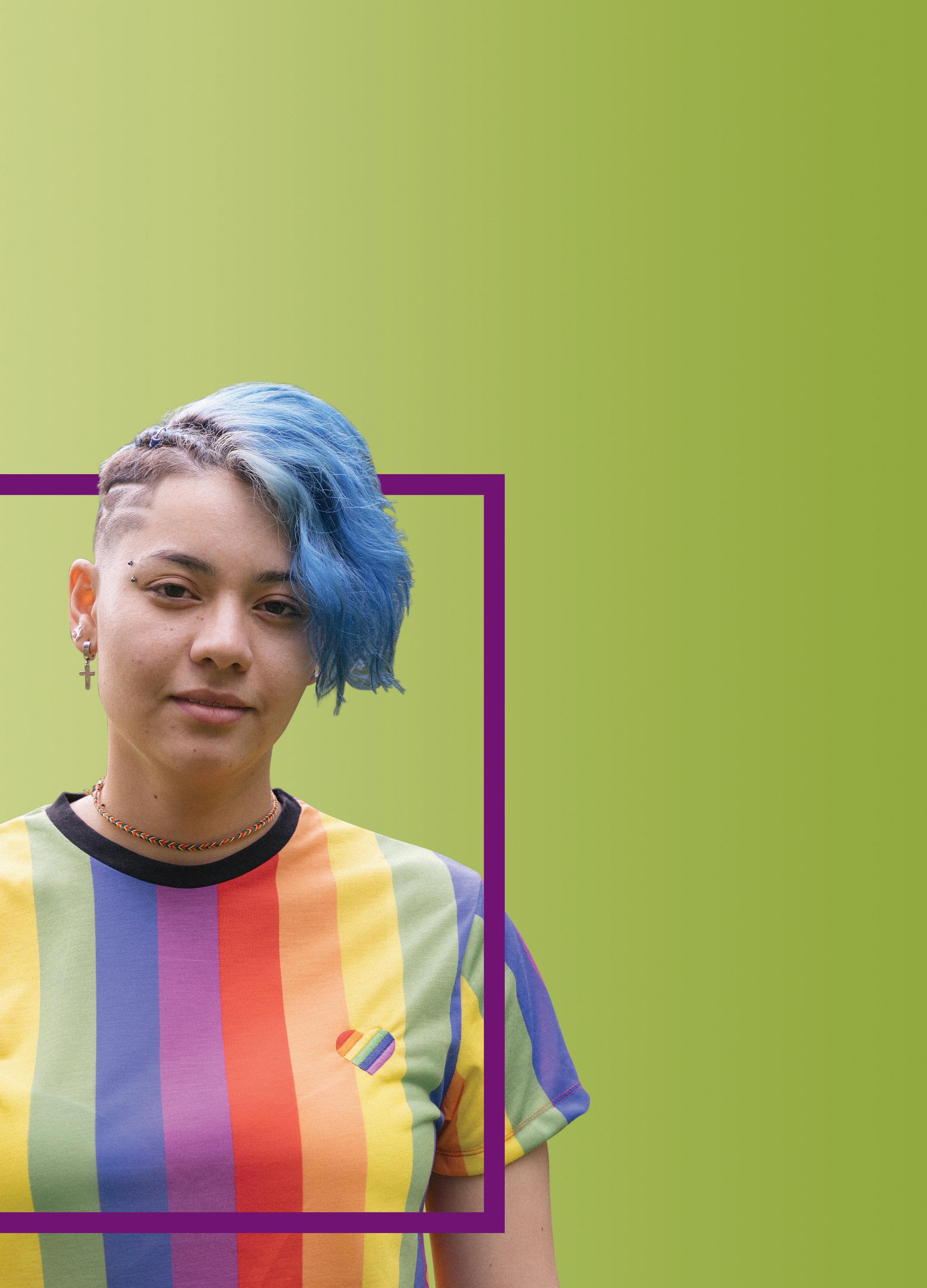
ALMA (Crawford County) 1209 Hwy 71N, Suite B Alma, AR 72921 (479) 632-1022
BATESVILLE (Independence County) 500 E. Main St., Suite 310 Batesville, AR 72501 (870) 569-4890
FAYETTEVILLE (Washington) 74 W. Sunbridge Dr. Fayetteville, AR 72703 (479) 582-5565
HEBER SPRINGS (Cleburne County) 515 N. Main Street Heber Springs, AR 72543 (501) 365-3022
HOT SPRINGS (Garland County) 100 Ridgeway, Suite 5 Hot Springs, AR 71901 (501) 318-6066
JONESBORO (Craighead County) 2239 S. Caraway, Suite M Jonesboro, AR 72401 (870) 910-3757
LITTLE ROCK (Pulaski County) 1600 Aldersgate Road, Suite 100B Little Rock, AR 72205 (501) 537-3991
MAGNOLIA (Columbia County) 621 E. North St. Magnolia, AR 71753 (870) 234-0739
In an effort to improve access to mental and behavioral health care services, Methodist Family Health has established school-based counseling programs in select cities in Arkansas.
THE PROGRAM PROVIDES CONVENIENT, COMPRE HENSIVE AND CONFIDENTIAL ASSESSMENT AND TREATMENT SERVICES FOR CHILDREN AND YOUTH ON AN OUTPATIENT (NON-RESIDENTIAL) BASIS.
Our treatment methods take a holistic, trauma-informed team approach, meaning counselor, student and the student’s family are all critical to achieving positive outcomes in treating behavioral, emotional, learning and adjustment issues.
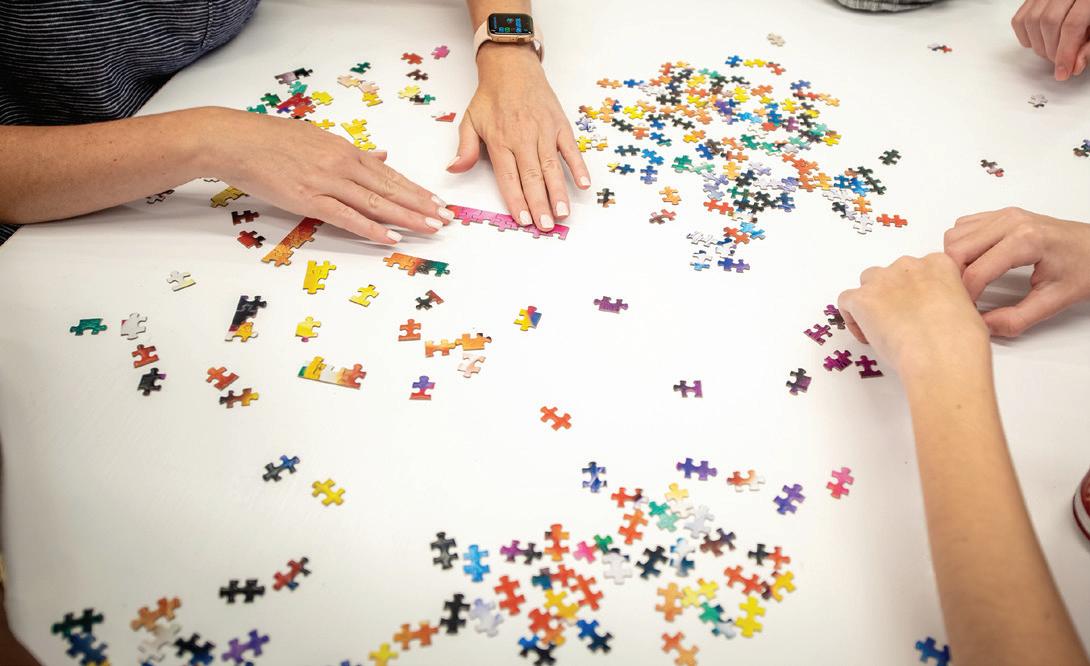
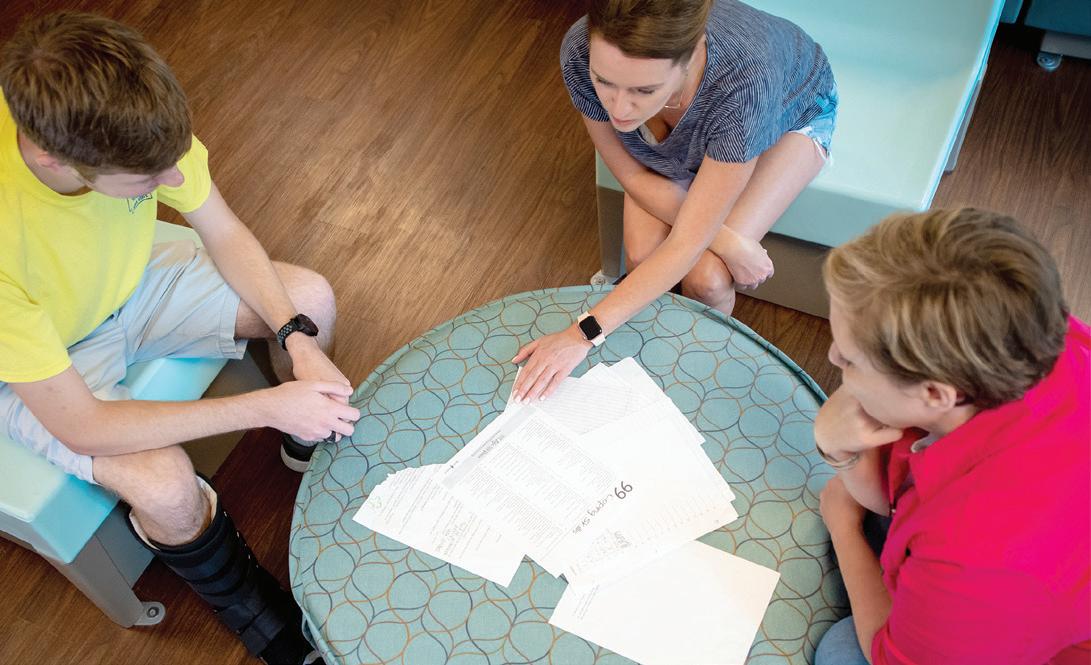

• Individual, family and group counseling;
• Registered play therapists;
• Grief and trauma specialists;
• Psychological testing, including Autism Spectrum Disorders testing; and
• Medication consultation and management.
When necessary, families are connected with additional resources such as board-certified psychiatrists and child psychiatrists, case managers and other qualified mental health professionals.
Methodist Family Health may also recommend transferring a case from the school setting to one of several other inpatient, outpatient and residential programs within its continuum of care. In this way, Methodist Family Health helps place children and youth in the best environment for their development, treatment and well-being.
TO ACCESS METHODIST FAMILY HEALTH’S OUTPATIENT TREATMENT OPTIONS call toll free (877) 778-1197 or email Info@MethodistFamily.org for additional information or to make an appointment. Most private and public insurance, including Medicaid and ARKids, is accepted.

Research shows more than a million children in the U.S. will lose a parent by age 15 and more children lose siblings or other relatives, caregivers and close friends.
The impact of this event can cause problems in school and social groups and last well into adulthood. In fact, studies have shown depression, schizophrenia and drug and alcohol problems in adults can be rooted in childhood grief.

Kaleidoscope Grief Center, a program of Methodist Family Health, serves grieving children, teens and families in Arkansas by promoting the healing process through education, therapeutic and recreational services, grief support programs and traditional counseling.

These groups meet twice monthly and provide peer support for children and their caregivers. Facilitated by trained volunteers, bereavement groups provide a safe place to express feelings and promote the healing process.
A free overnight family-oriented grief camp open to children or teens and their families. The camp provides a safe environment to develop coping skills both individually and among others.
Open to any youth who is or has been enrolled in any Methodist Family Health program, Kaleidoscope Kids Club hosts quarterly social events, chaperoned by staff and volunteers. This allows children and teens the opportunity to experience fun interactions during a time of personal sadness.
Available for children or teens and their families facing critical or terminal illness, Methodist Family Health’s bereavement counseling is led by licensed clinicians.
LEARN MORE
Contact us toll-free at (800) 756-3709 or locally at (501) 537-3991. Or, email info@MethodistFamily.org.
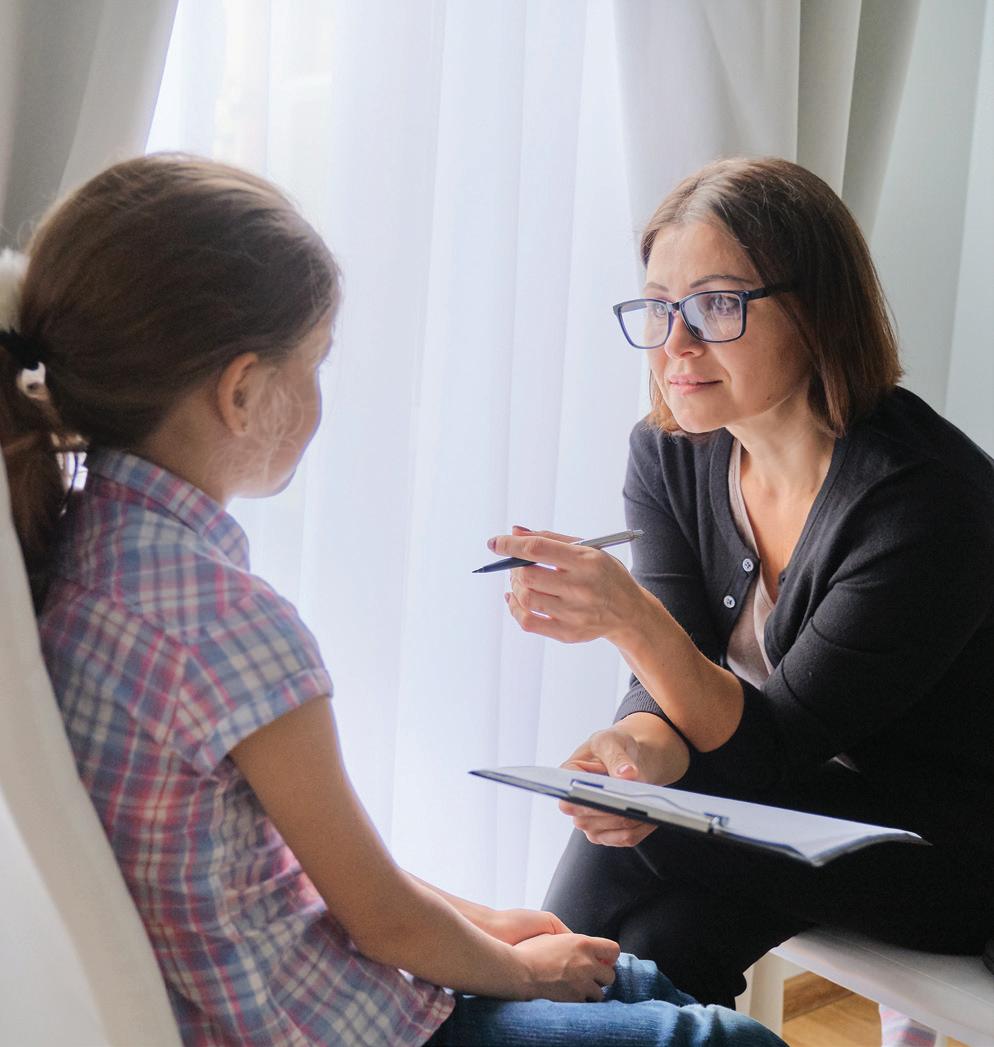


IN ARKANSAS BY
THE HEALING
AND

The Methodist Family Health Foundation is the fundraising, charitable arm of Methodist Family Health.
THE FOUNDATION RAISES MONEY TO HELP FUND METH ODIST FAMILY HEALTH’S WORK HELPING THE CHILDREN IN OUR CARE REALIZE THEIR OWN WORTH, RECOGNIZE THEIR POTENTIAL AND PROVIDE THEM A FIRM FOUNDATION FOR THE REST OF THEIR LIVES.


The Foundation is governed by its own board of directors, and all monetary contributions are tax-deductible. Both monetary and in-kind donations are welcomed and help provide for the children and families we serve throughout the state.

THERE
TEXT
VISIT
CALL
For
72215.
BOTH MONETARY AND IN-KIND DONATIONS ARE WELCOMED AND HELP PROVIDE FOR THE CHILDREN AND FAMILIES WE SERVE THROUGHOUT THE STATE.
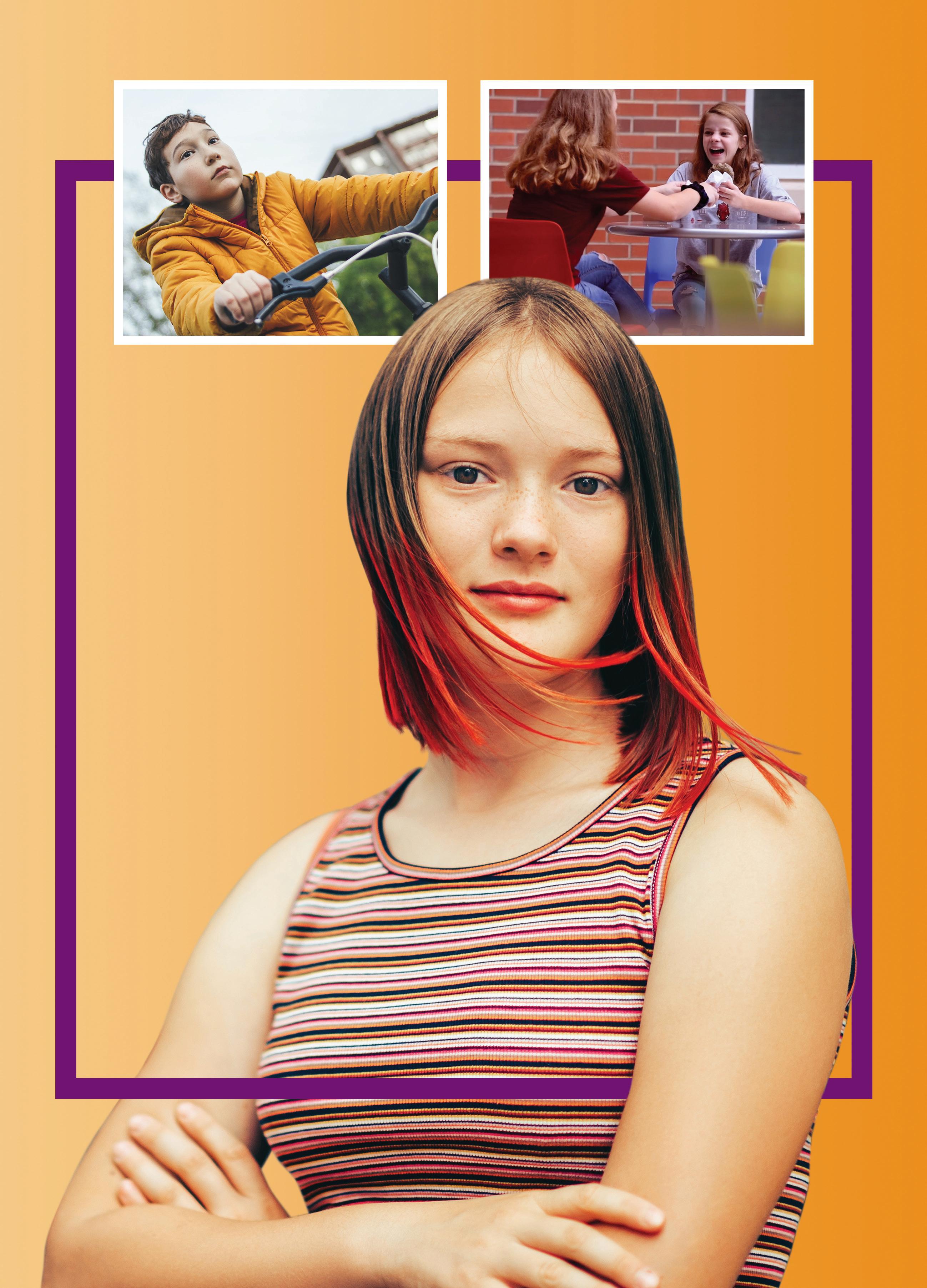

The business development team at Methodist Family Health serves as liaisons and mobile assessors to referring providers.
OUR TEAM WORKS TO INCREASE THE KNOWLEDGE OF METHODIST FAMILY HEALTH SERVICES TO PROVIDERS AND REFERRAL SOURCES, THEREBY INCREASING REFERRALS AND ALLOWING US TO SERVE MORE FAMILIES.
All members of the business development team work with families and referral sources, arrange transportation when needed and respond to inquiries.
THE TEAM IS MADE UP OF:

COMMUNITY LIAISONS, who work with providers across the state to deliver the highest level of customer service and help make the referral process to our inpatient programs a success. They are supported in their work by the rest of the business development team as well as Methodist Behavioral Hospital’s assessment and referral department for follow-up regarding referrals and admissions; and
MOBILE ASSESSORS , who are licensed professionals responsible for completing patients’ initial assessment to determine the appropriate level of care. These asses sors conduct a clinical assessment and provide informa tion to patients and their families in behavioral health crises. These team members also determine suitability of admission for the patient based on clinical criteria.
COLLECTIVELY, THE TEAM WORKS TO BUILD AND ESTABLISH METHODIST FAMILY HEALTH’S REFERRAL NETWORK, TO REACH AS MANY FAMILIES AS POSSIBLE.
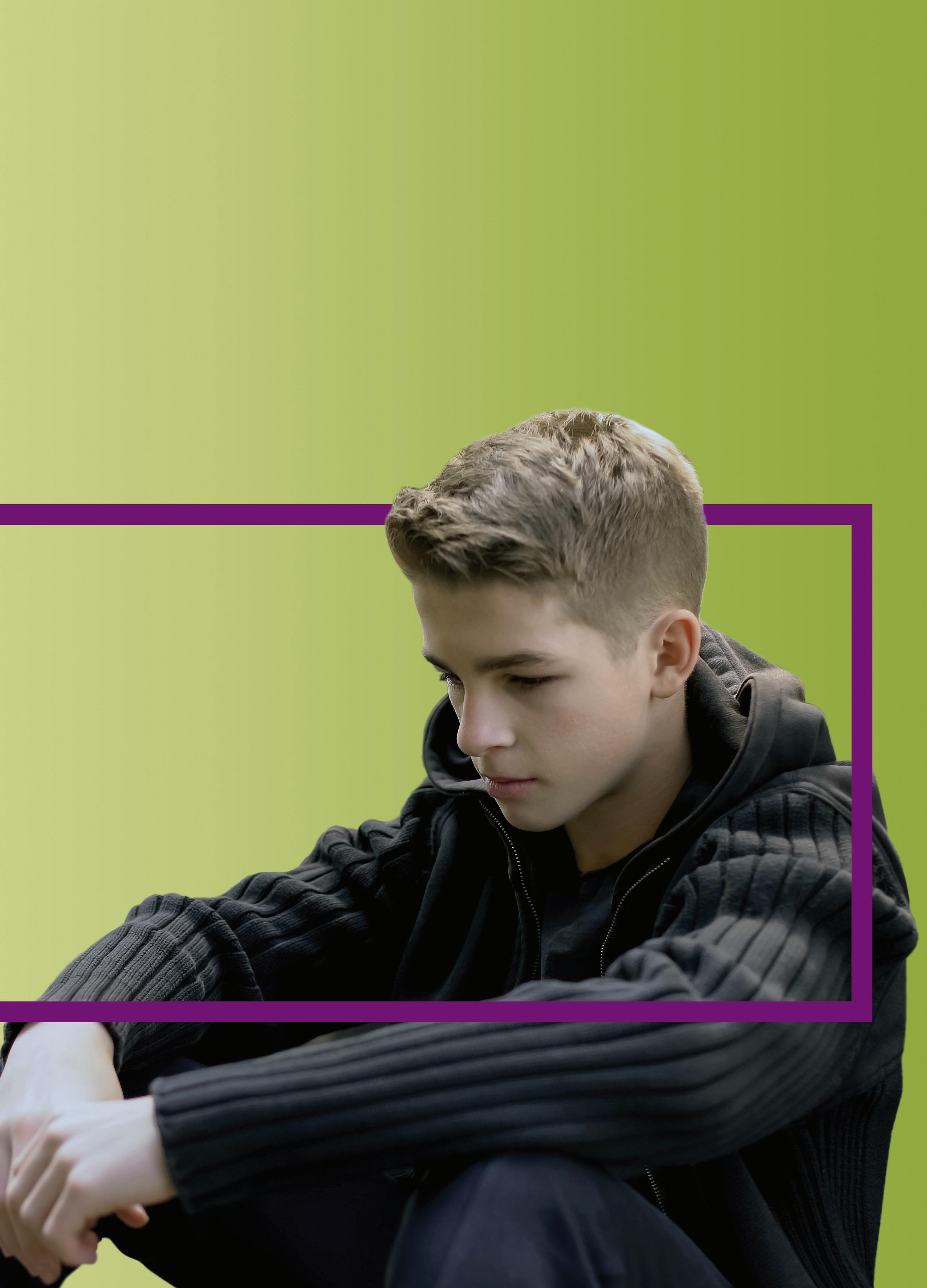
Founded in the compassionate tradition of the United Methodist Church, Methodist Family Health has, at its heart, remained a ministry.
EVEN THOUGH WE HAVE INCORPORATED AS A STANDALONE, NONPROFIT ORGANIZATION, OUR ROOTS AND DAILY MISSION ARE STILL FIRMLY PLANTED IN SERVING OUR NEIGHBOR FAITHFULLY AND PROVIDING THE BEST POSSIBLE CARE TO THOSE WHO MAY NEED IT.
Your church, ministry, class or small group can help us serve the children and families in our care in any way that works best for you. The following are some ways ministries have helped us; any one of them can benefit our kids in mind, body and spirit.
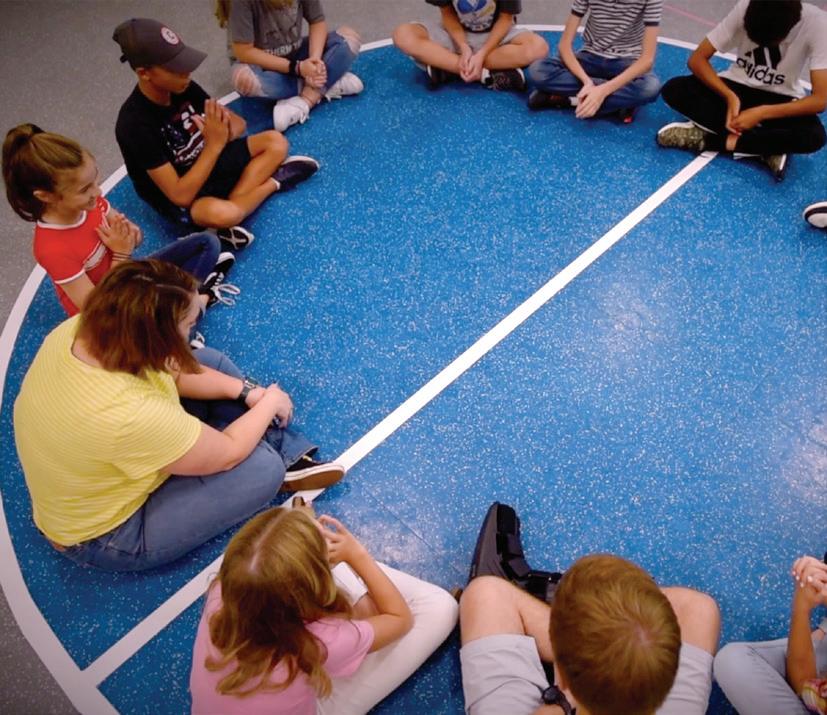
Add our kids and their families to your prayer lists at church and remember them as you pray.
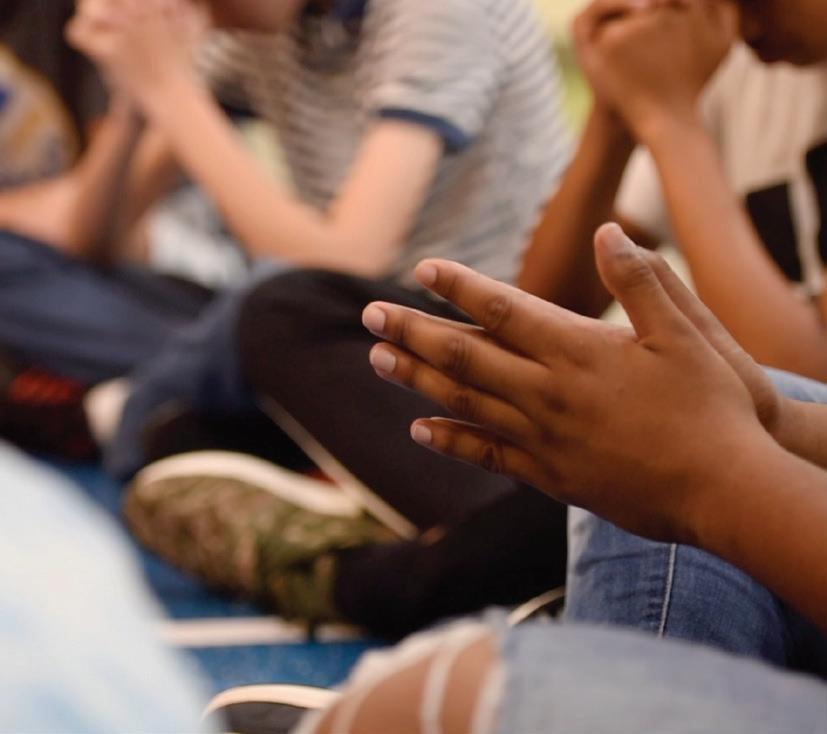

Share your talents in any way you are led to provide! This can include music, devotionals, games, dramas, snacks, the list is nearly endless. Spirituality services can be customized to match your mission, gifts and talents.
YOUR CHURCH, MINISTRY, CLASS OR SMALL GROUP CAN HELP US SERVE THE CHILDREN AND FAMILIES IN OUR CARE IN ANY WAY THAT WORKS BEST FOR YOU.
Funding is always needed to help provide for the spiritual needs of our patients. Your congregation or group can pledge to donate funds to purchase Bibles and spiritual study materials for our moms fighting addiction through Arkansas CARES, or the kids in our programs throughout the state.

You also can donate to the Rev. Robert Regnier Memorial Summer Camp at Camp Tanako on Lake Catherine, which we utilize for kids in our therapeutic group homes every summer.
Hospitality is one of the values of any community of faith and is especially meaningful when children are separated from their families. Consider organizing a party, event or service project during Thanksgiving, Christmas, Martin Luther King Day, Valentine’s Day, Fourth of July, Back to School, Halloween, etc.
Consider organizing a party, event or service project during Thanksgiving, Christmas, Martin Luther King Day, Valentine’s Day, Fourth of July, Back to School, Halloween, etc.
Every unit at Methodist Behavioral Hospital in Maumelle, at a group home in your community, or a cottage at Arkansas CARES can use donated supplies to make the patients’ stay more comfortable. Items that are always needed include:
• FURNISHINGS for the facility;
• CLOTHES, including underwear, socks, shoes and outerwear (coats, hats, gloves);
• PERSONAL HYGIENE PRODUCTS of all types, including feminine hygiene products, body wash, shampoo, deodorant, toothpaste and toothbrushes, hairbrushes and combs, etc.
• SCHOOL SUPPLIES such as backpacks, crayons, pencils, pens, markers, composition notebooks, binders, folders, glue sticks, etc.;
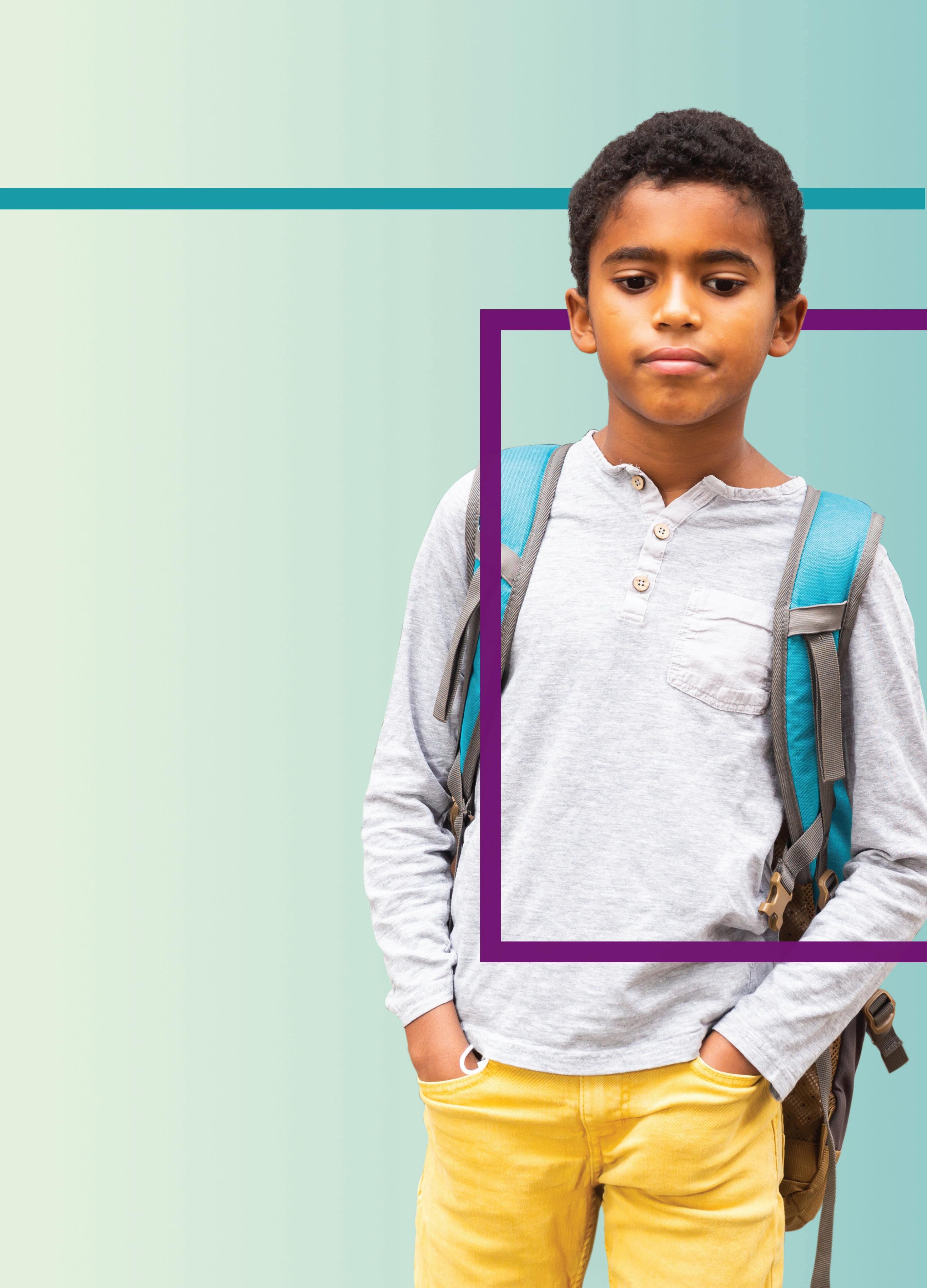
• BOOKS, adult coloring books and art supplies;
• LINENS such as white sheets, pillows, towels, washcloths and blankets.
Organize your church into providing a pancake breakfast, chili cook-off or grill hot dogs for a picnic for any of the kids in our care. Our kids LOVE all-you-caneat buffets, and they will be refreshed in spirit knowing others care for them.
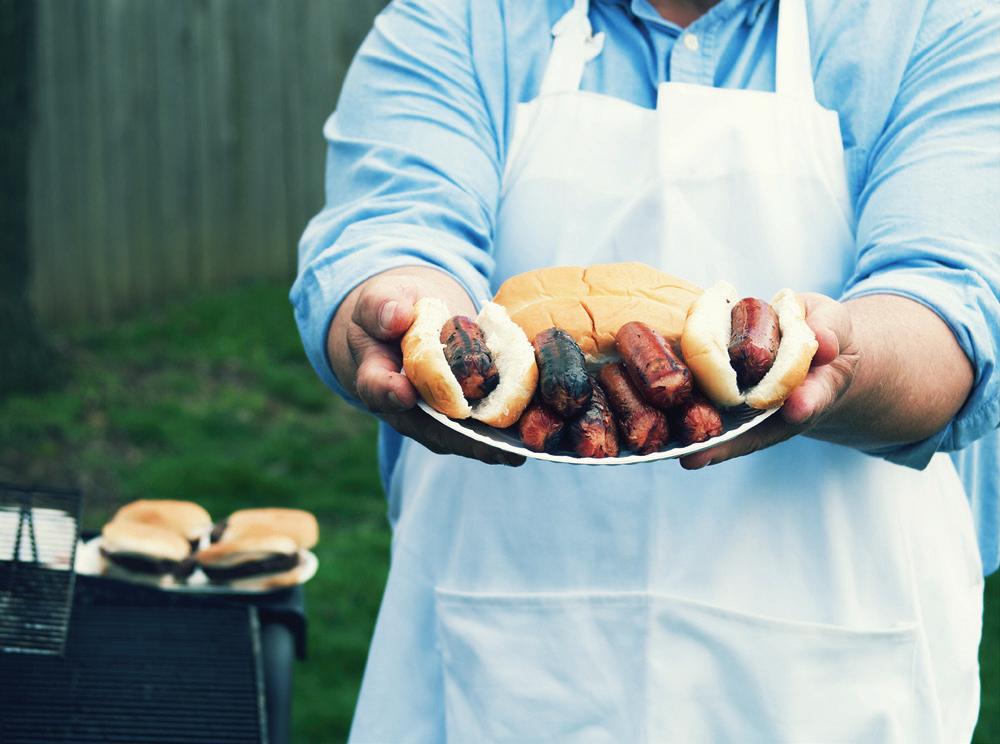

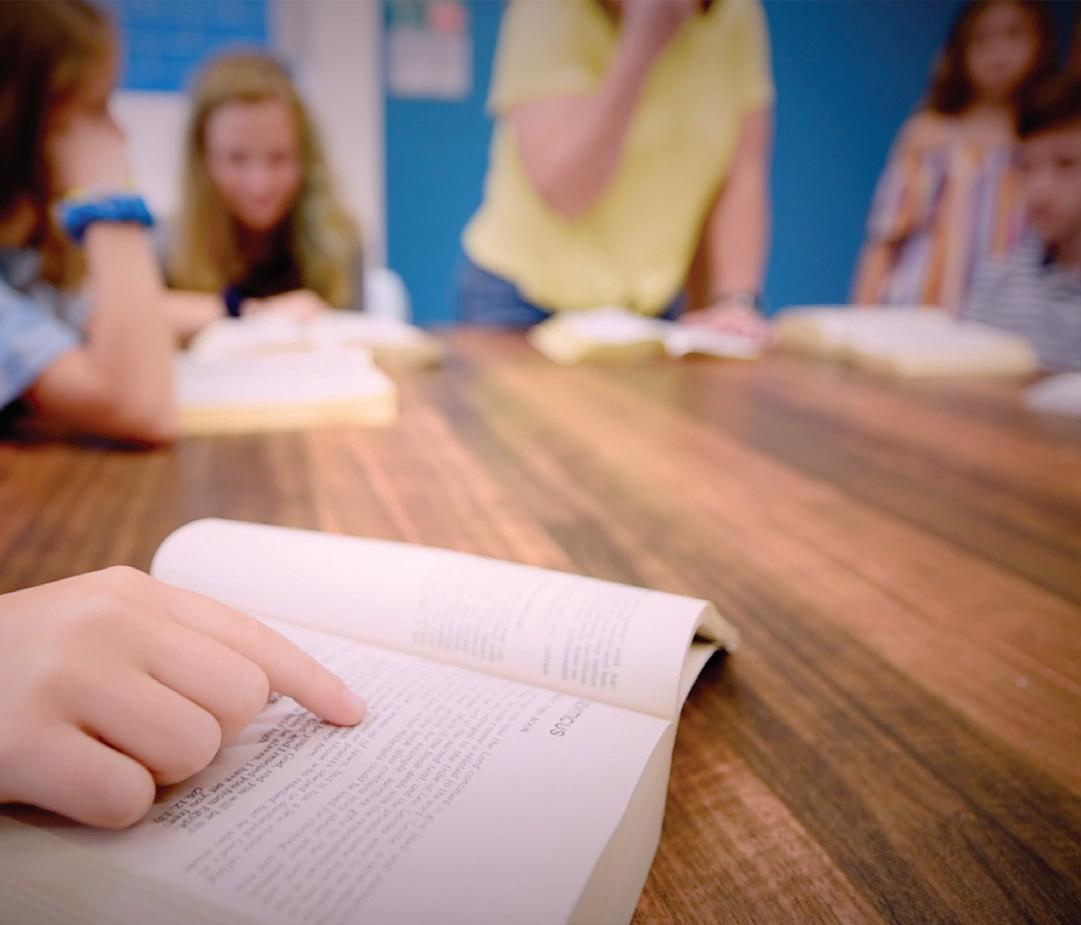
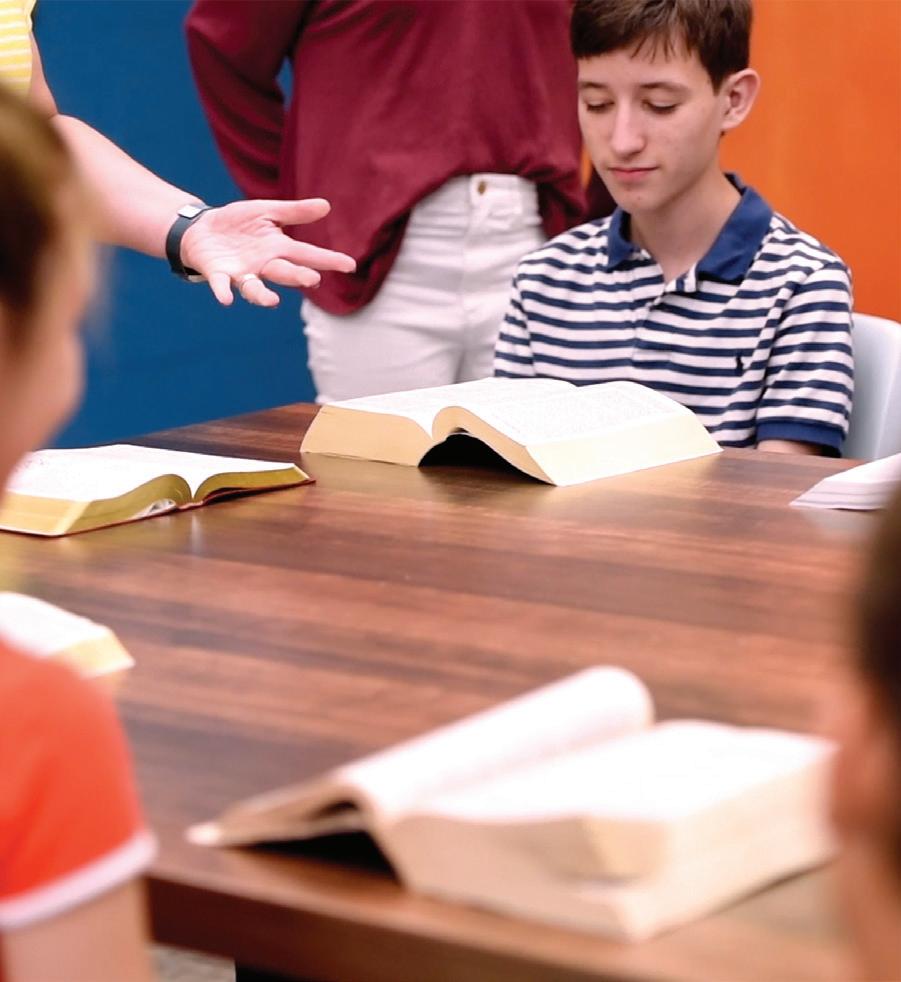
The Teaching-Family Model was developed as a behavioral intervention. It uses effective teaching interactions and a high degree of positive feedback to address behavioral problems in children and families.
THE MODEL HAS BEEN PROVEN BY RESEARCH AND IS USED EFFECTIVELY WITH CHILDREN HAVING BEHAVIORAL OR EMOTIONAL PROBLEMS, PARTICULARLY THOSE YOUTH WHO ARE AT-RISK, IN THE FOSTER CARE SYSTEM, INVOLVED IN THE JUVENILE JUSTICE SYSTEM, DEVELOPMENTALLY DISABLED OR WHO ARE SEVERELY EMOTIONALLY DISTURBED.

The Teaching-Family Model was developed specifically for children, youth, young adults and families receiving child welfare services. With more than 40 years of research as to its effectiveness in improving behavioral outcomes, it is considered a complete model of care.
The Model uses a family-like setting which includes Teaching-Parents who provide intervention and support in the mode and manner of a parent. Groups are small, generally limited to six children for every two TeachingParents, creating a true family-like environment.
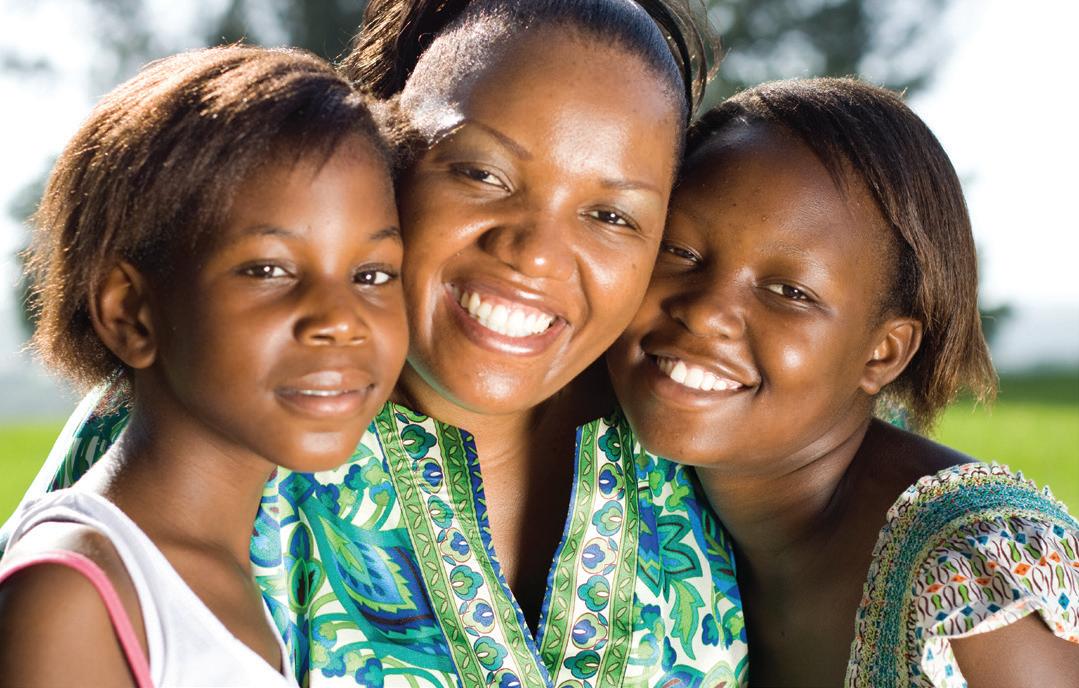
Methodist Family Health believes so strongly in the methodology, it is the only behavioral health provider for children and families in the state of Arkansas to utilize the Teaching-Family Model throughout its continuum of care.

ARE SMALL, GENERALLY LIMITED TO SIX CHILDREN FOR EVERY TWO TEACHINGPARENTS, CREATING A TRUE FAMILY-LIKE ENVIRONMENT.
THE MODEL IS EFFECTIVE IN A RANGE OF MENTAL AND BEHAVIORAL HEALTH CONDITIONS AFFECTING CHILDREN AND YOUTH,

stress disorder (PTSD)
Attention-deficit disorder (ADD)
disorder (ADHD)
disorder (OCD)
disorder (ODD),
other behavioral and
MORE INFORMATION ABOUT THE TEACHING-FAMILY MODEL,
MethodistFamily.org.


